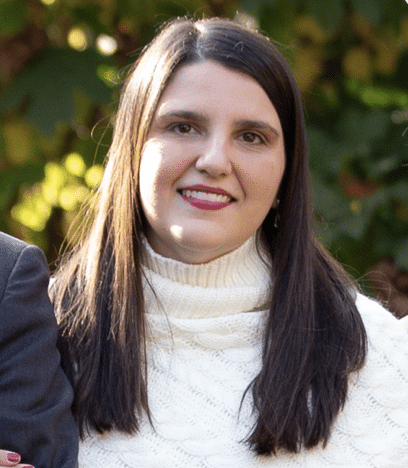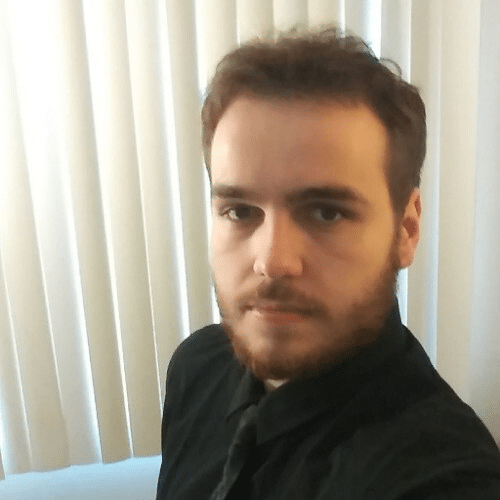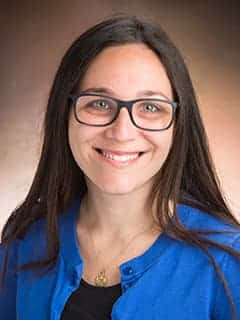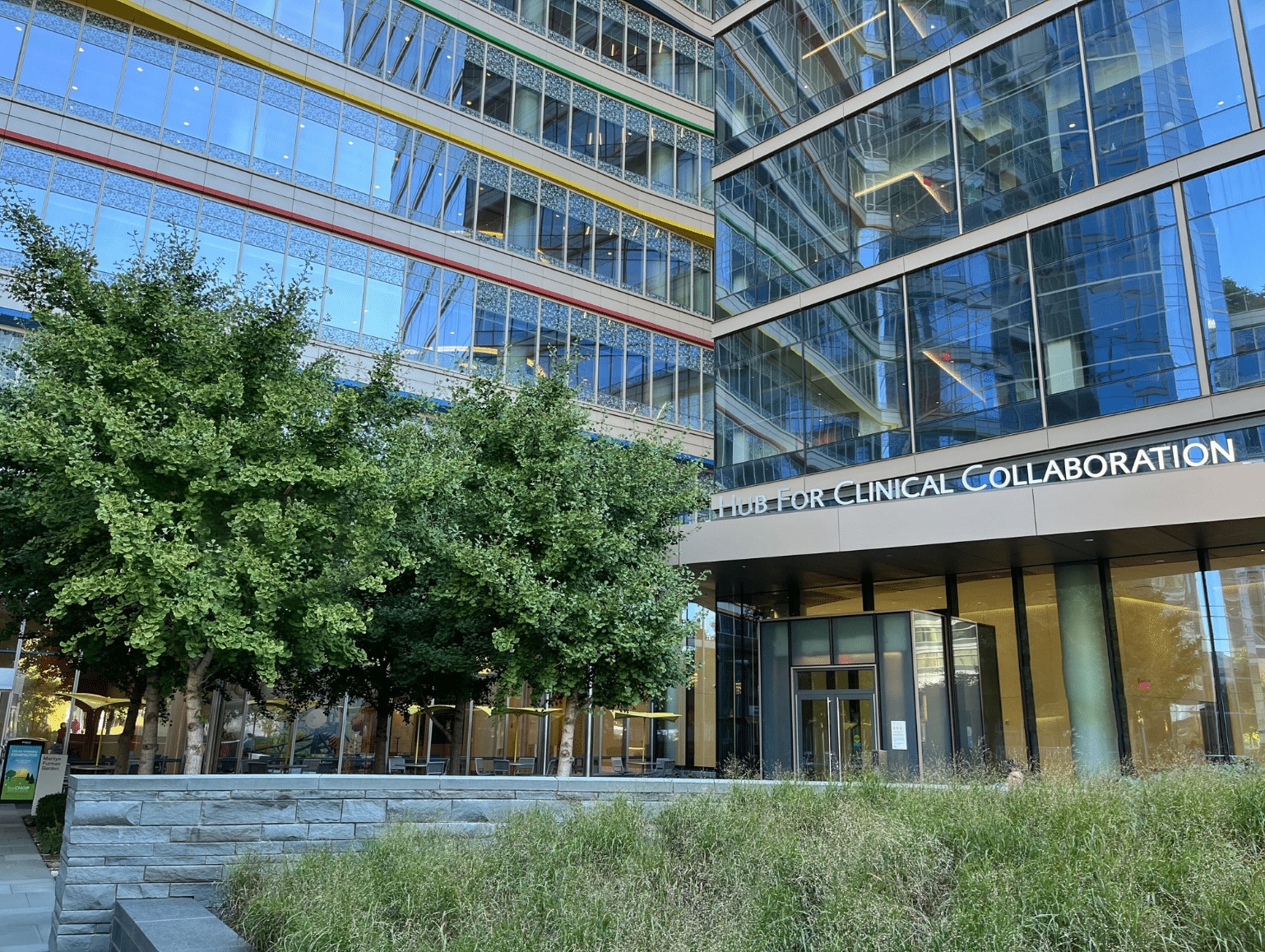
#MSDCon2024
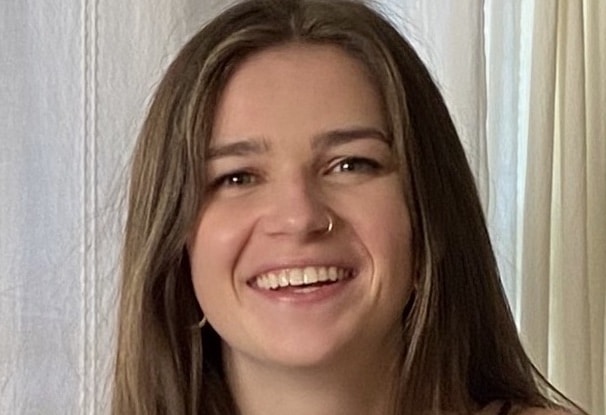
Margaret Cassidy
Maggie is a 3rd year graduate student in the Cell and Molecular Biology PhD Program at The University of Pennsylvania. Prior to joining the Ahrens-Nicklas and Cristancho Labs at the Children’s Hospital of Philadelphia, Maggie majored in Neuroscience at Vanderbilt University and worked as a postbac at the National Institutes of Health. Her research interest involves understand how MSD causes neurological symptoms with in vitro model systems.
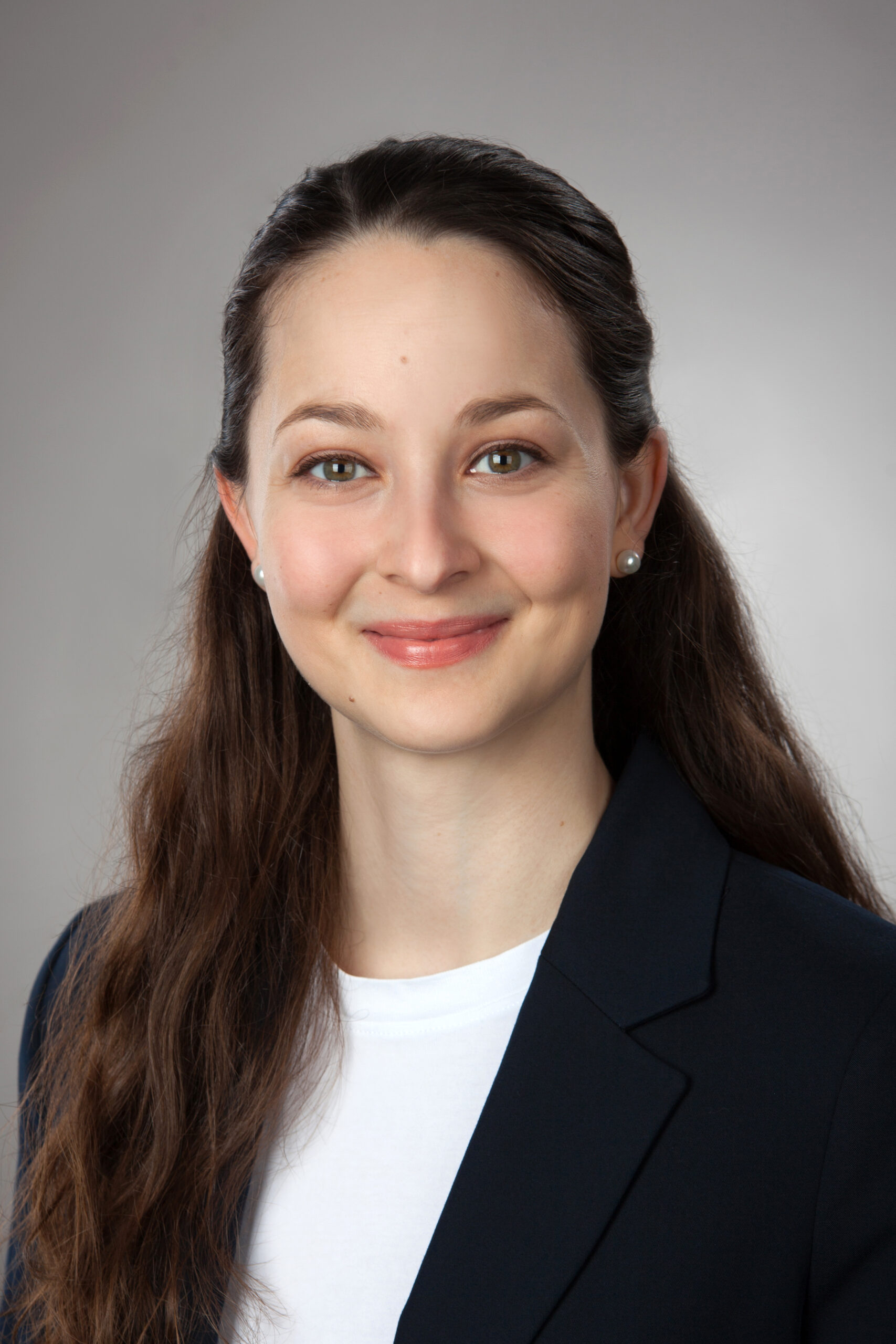
Alisa DeGrave
In December 2022, I completed my PhD in Molecular Biology at Georg-August-Universität Göttingen, Germany. Now, I’m continuing my research as a postdoctoral researcher at Fraunhofer ITMP TNM in Göttingen, under the mentorship of PD Dr. med. Lars Schlotawa. We’re tackling some tough questions about lysosomal storage disorders, especially Multiple Sulfatase Deficiency (MSD). Our current work dives into understanding the cellular mechanisms of how retinoids like tazarotene interact with specific receptors to boost sulfatase activity in cell lines affected by MSD. These interactions induce a cascade of biological responses, including the activation of proteins involved in the unfolded protein response – a critical reaction to stress in the endoplasmic reticulum. Understanding these details is key to identifying alternative compounds that could one day help patients with MSD. When I’m not immersed in research, I enjoy running, hiking, and baking – especially experimenting with recipes for sweet American treats.
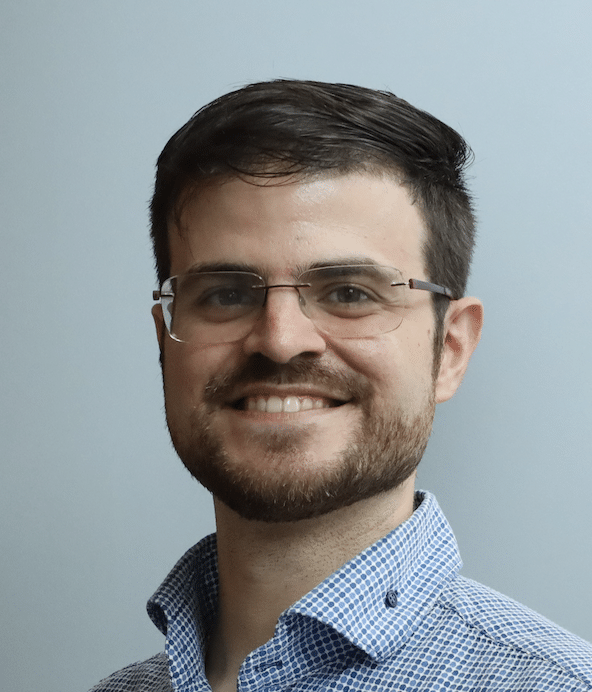
Francesco Gavazzi
I am a Physician Scientist at the Children’s Hospital of Philadelphia. My work focuses on delineation of natural history of pediatric rare disorders (including Multiple Sulfatase Deficiency), as well as identification of appropriate clinical outcome assessments to determine functional abilities of affected individuals. This work will build towards clinical trial readiness in these conditions.
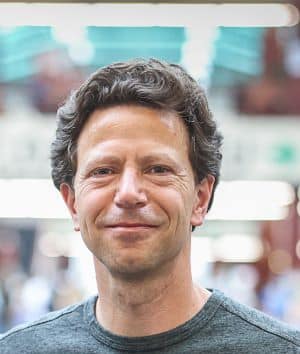
Hartmut Niemann
Hartmut Niemann is Professor of Structural Biochemistry in the Department of Chemistry at Bielefeld University, Germany. He studied biochemistry in Regensburg and Witten. During his PhD at the Max Planck Institute for Medical Research in Heidelberg he specialized in protein X-ray crystallography, a technique to visualize the 3D structure of molecules that he has used ever since. During his postdoc at the Helmholtz Centre for Infection Research (HZI) in Braunschweig he became interested in the structure function relationship of virulence factors of pathogenic bacteria. This topic is still the focus of his research. In 2020, he joined forces with his now deceased colleague Prof. Dr. Thomas Dierks, with Dr. Karthikeyan Radhakrishnan (both Bielefeld University) and with Prof. Dr. Matthias Baud (University of Southampton) to work on the structure-based design of pharmacological chaperones that might become a treatment option for MSD. This project was funded by the MSD Action Foundation and by the Health-Research Board Ireland (HRB).
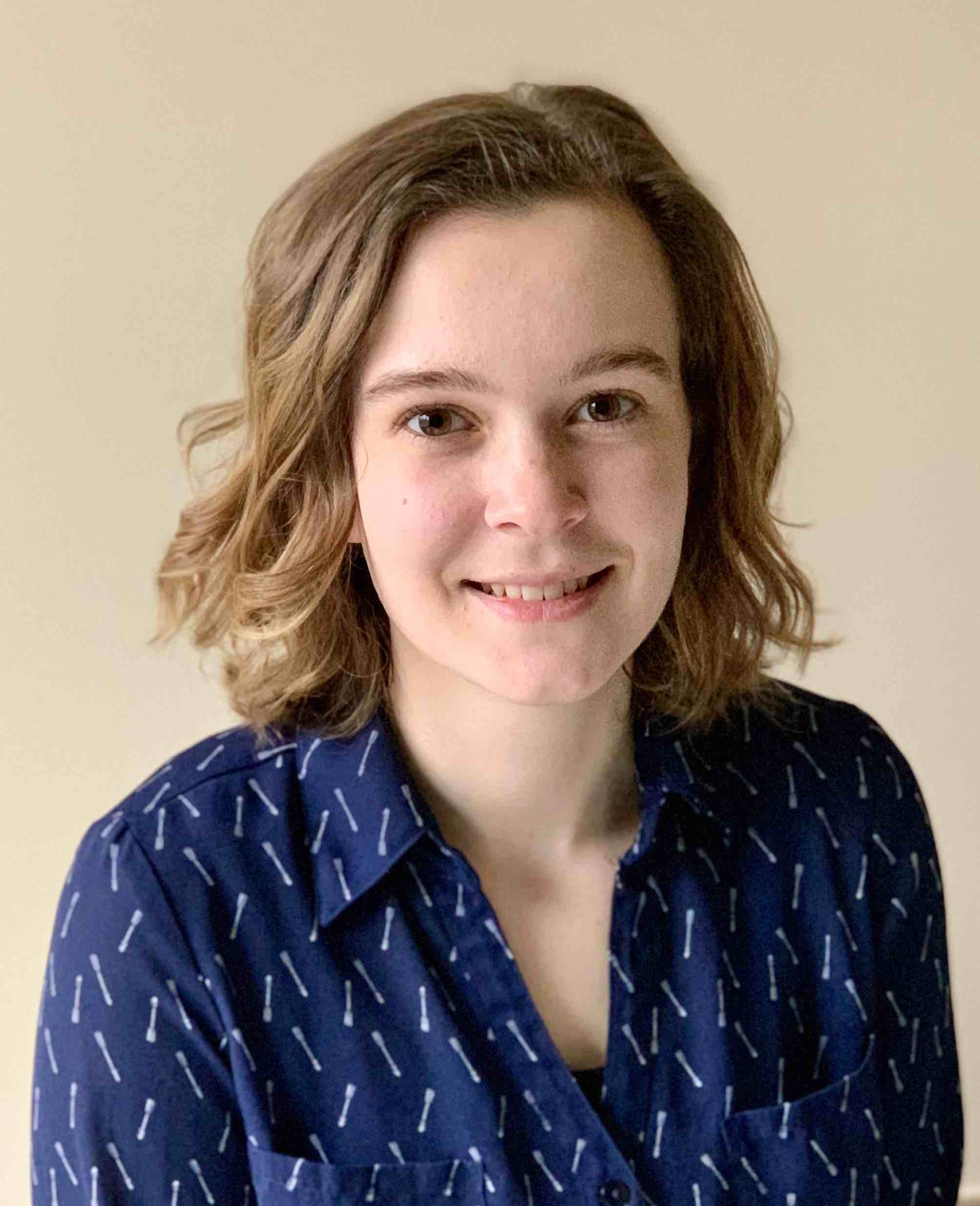
Isabella Panse
Isabella Panse (she/her) is an incoming second-year MD/PhD student at the University of Pennsylvania in the Cell and Molecular Biology Graduate Program. In 2022, she graduated from the University of Michigan with a B.S. in Biochemistry, and during her gap year continued to work as a research technician in Dr. Adam Helms’ inherited cardiomyopathy research lab. She is currently a rotation student in Dr. Rebecca Ahrens-Nicklas’ lab, where she has been learning about multiple sulfatase deficiency syndrome from a basic science and clinical perspective.

Vi Pham
Vi is a 4th year PhD student in the Cell and Molecular Biology Graduate Group and Gene Therapy and Vaccines Program at the University of Pennsylvania. Before coming to Penn, Vi received her Bachelor’s degree in Neuroscience at Hamilton College. She then came to Penn as a research assistant in Dr. Jonathan Raper’s lab in the Department of Neuroscience, studying the axon development of olfactory sensory neurons in larval zebrafish. Vi started her PhD in the fall of 2020 and joined the lab of Dr. Rebecca Ahrens-Nicklas at the Children’s Hospital of Philadelphia. For her thesis work, Vi has focused on understanding disease pathology and developing gene therapies for lysosomal storage disorders that affect the central nervous system.

Nishitha Pillai
As a clinical and biochemical geneticist at the University of Minnesota with a special interest in lysosomal diseases, I am deeply invested in learning how newborn screening (NBS) can change the natural course of late-onset disorders. My aim is to investigate the impact of early diagnosis and intervention on disease progression and clinical outcomes, particularly focusing on how the newer and advanced therapeutic modalities. I hope to discover and validate biomarkers that can monitor therapeutic outcomes, using molecular biology techniques, omics approaches, and advanced imaging. Ultimately, my goal is to improve patient outcomes by enabling early diagnosis and personalized treatment strategies, thereby enhancing the quality of life and prognosis for individuals with lysosomal diseases.
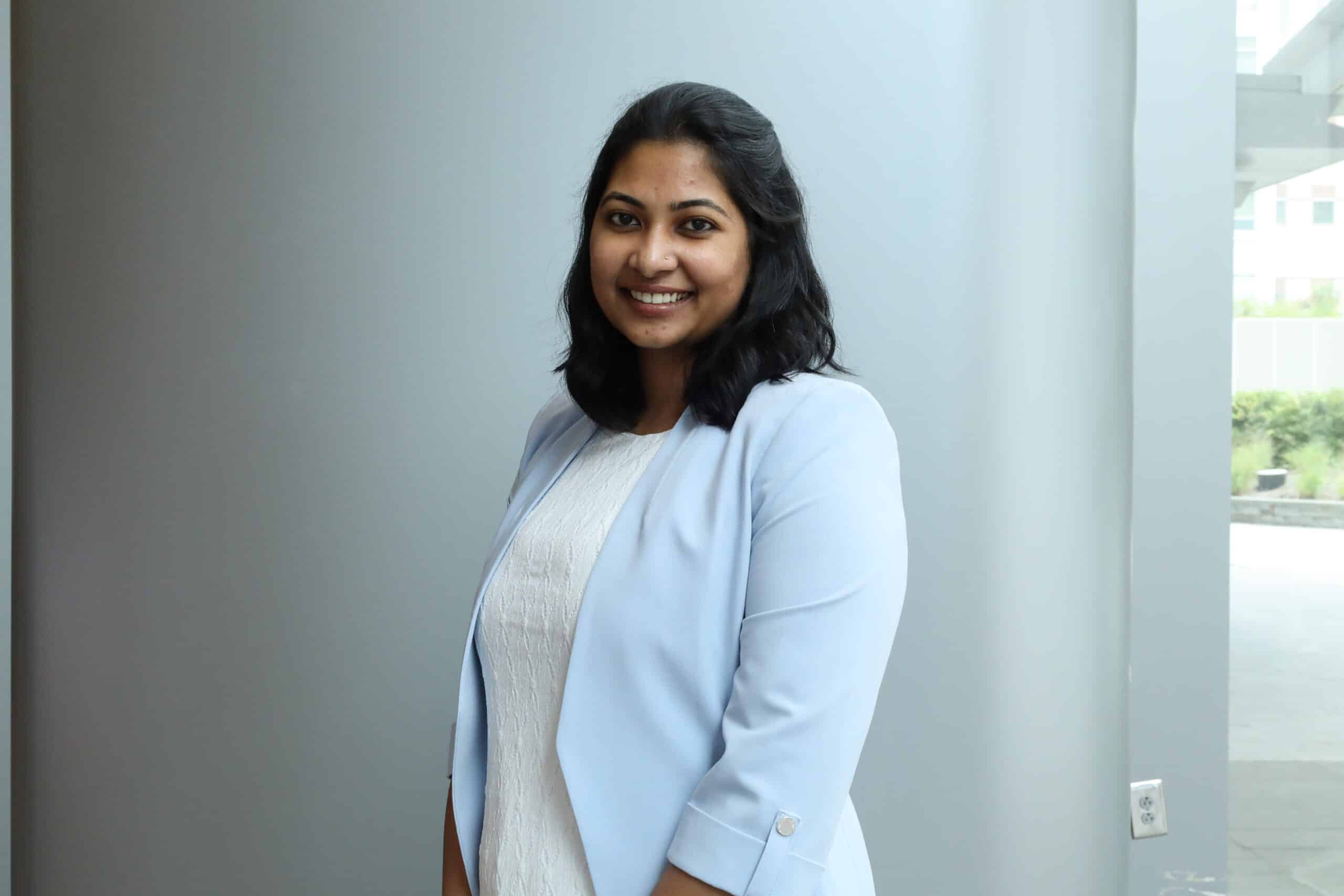
Anjana Sevagamoorthy
Anjana Sevagamoorthy is a physician from India and a graduate of the Master of Public Health (MPH) training from the University of Pennsylvania. She joined the Leukodystrophy Center at the Children’s Hospital of Philadelphia (CHOP) in June 2022 and primarily supports the efforts to create high-quality FDA-complaint Natural History data from Real World Evidence (RWE) to support academic projects and multiple Academic-Industry collaborations for the development of therapeutics for rare and ultra-rare leukodystrophies. In this process, she co-led the efforts to develop a standardized approach to performing a rigorous RWE-based Natural History Study protocol, in compliance with applicable FDA regulatory guidelines. A result of this work is the creation of robust natural history data for a cohort of 95 subjects with Late Infantile Metachromatic Leukodystrophy (Li-MLD) in an FDA-compliant manner. As part of clinical trial readiness, she is currently supporting the development of a novel approach to facilitate patient focused drug development per the 2022 FDA Guidance on Patient Focused Drug Development (PFDD) for Aicardi-Goutières Syndrome (AGS). This effort will result in identification and validation of clinically meaningful endpoints and appropriate clinical outcome measures, and creation of regulatory standard prospective Natural History cohort for application in the context of imminent clinical trials. This approach will be applied to other leukodystrophies, including MSD. She is contributing to projects that will have key implications to our current understanding of leukodystrophies and through efforts in bridging collaborations with industry partners, she plays a key role in supporting the FDA approval of the therapeutics and outcome measures that come out of the Natural History Projects spearheaded by the Leukodystrophy Center at CHOP.
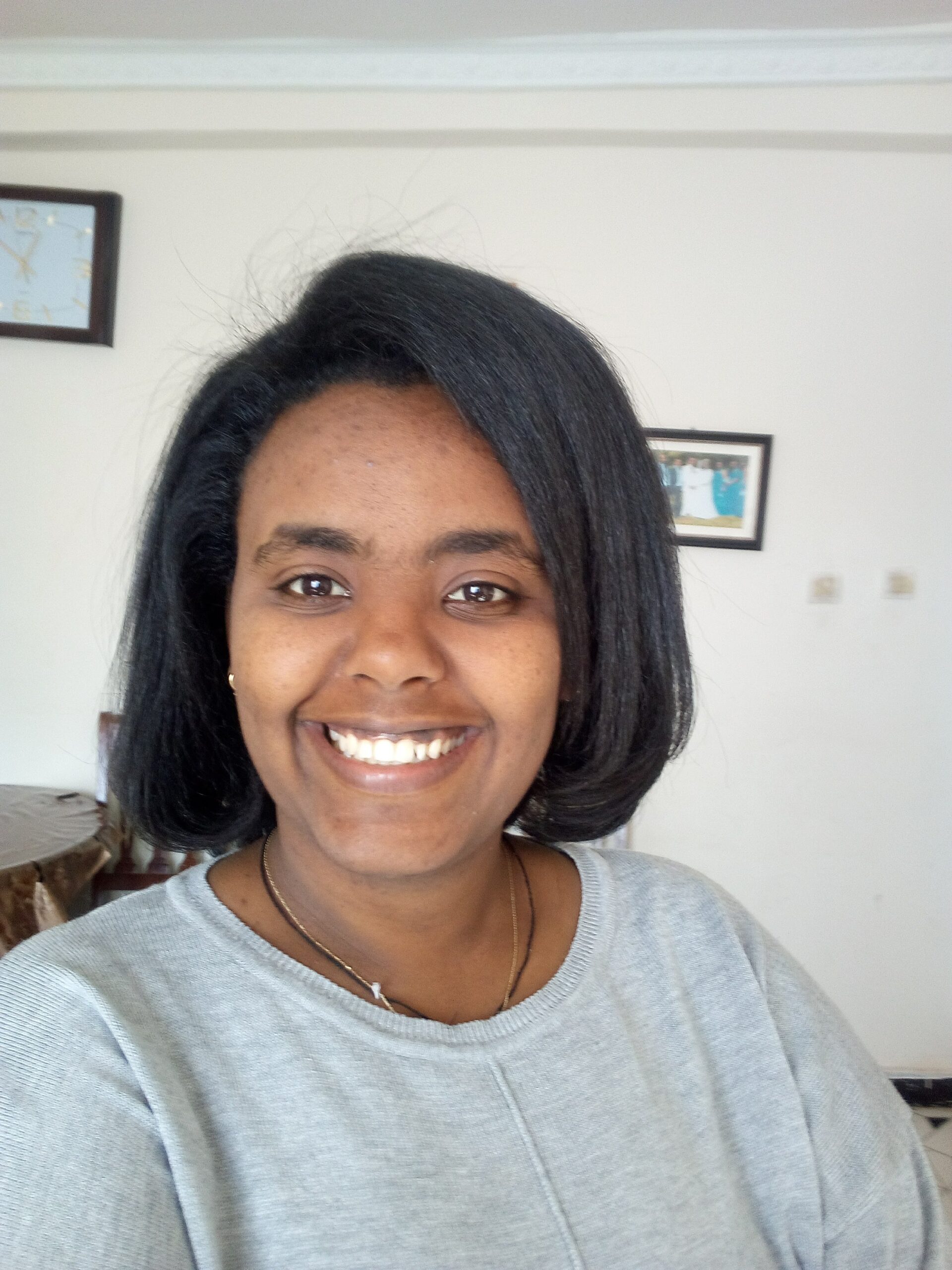
Eden Teferedegn
I am a Postdoctoral Fellow in the Human Genetics Division of the Department of Pediatrics. In the Ahrens-Nicklas Lab, I focus on profiling miRNA in both health and disease. My primary goal is to propose miRNA as a therapeutic option for neurodegenerative disorders. I employ a combined approach, utilizing both computational and wet lab methods, to identify candidate miRNA that target genes implicated in neurodegenerative diseases.
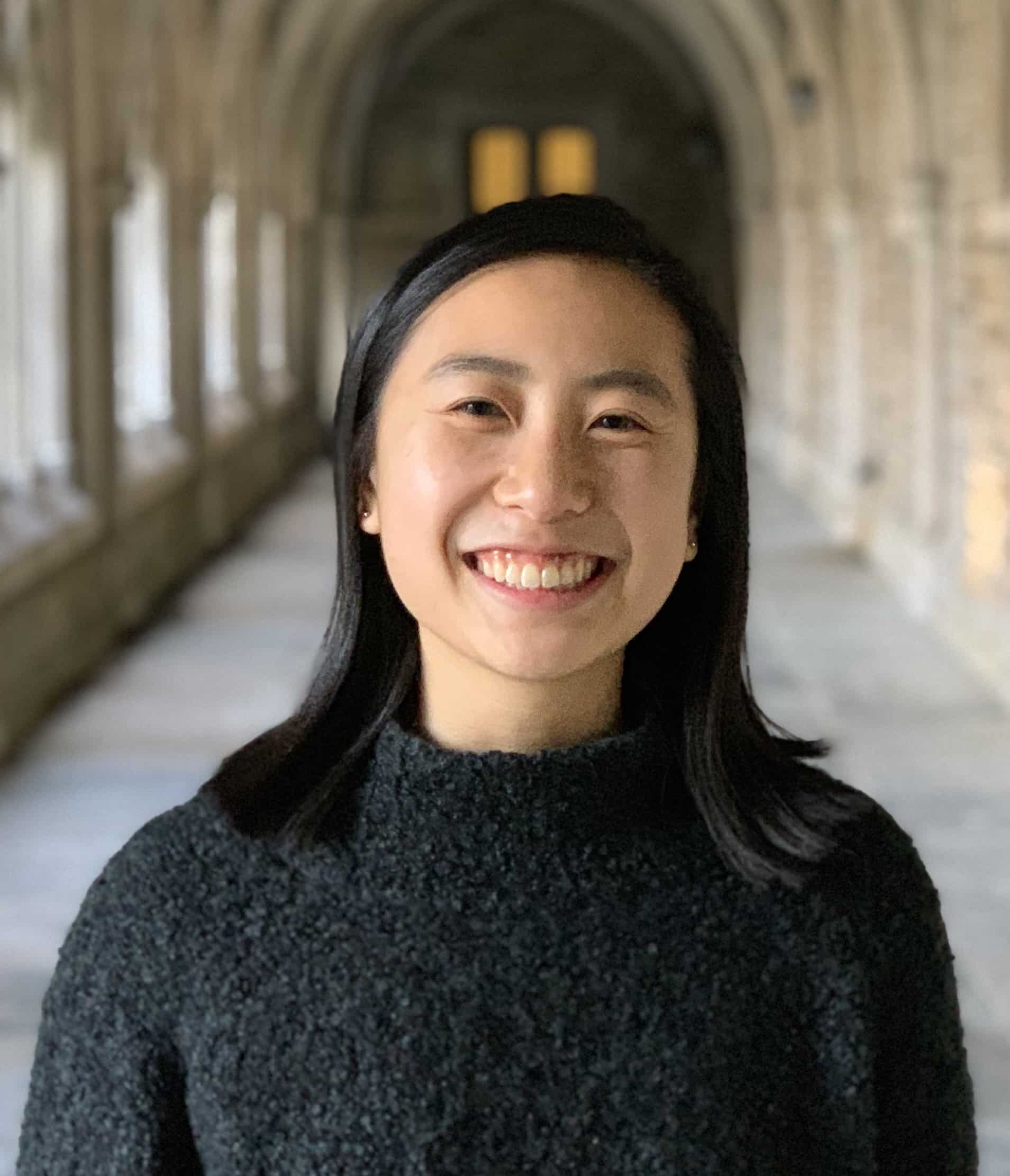
Emily Yu
Emily Yu was the former MSD clinical research coordinator at the Children’s Hospital of Philadelphia’s Leukodystrophy Center of Excellence. Over two years, she helped coordinate all research needs for enrolled patients and families. She had been involved with applying a novel method of extracting retrospective natural history data from medical records, organizing in-person visits for the prospective natural history study, and contributing to research on the impact of MSD on the lives of patients and families from caregivers’ perspectives. She is currently in her first year of medical school.
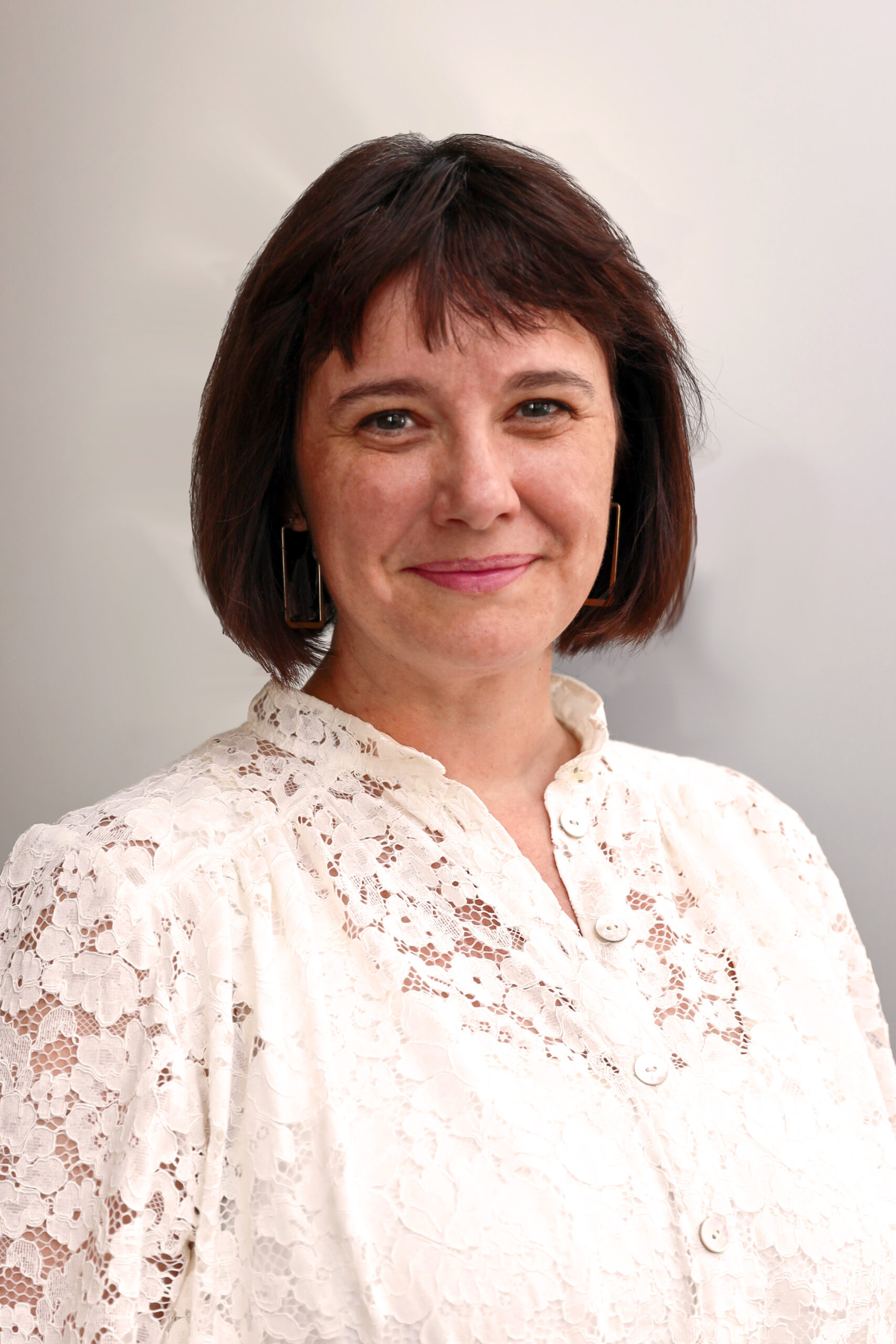
Laura Adang
Dr. Laura Adang MD PhD MSTR is an Assistant Professor of Child Neurology at the Children’s Hospital of Philadelphia specializing in the care of children with leukodystrophies. Dr. Adang is a magna cum laude graduate of the University of Georgia’s Foundation Fellowship scholarship program and a graduate of the Medical Scientist Training Program at the University of Virginia, where she received both her M.D. and Ph.D. Her graduate work characterized the immune evasion mechanisms of herpesvirus infections. She completed her pediatrics and child neurology residencies, fellowship training in multiple sclerosis, and a masters of translational research at the Children’s Hospital of Philadelphia and the University of Pennsylvania. She is also course director of the Predoctoral Preparatory Program at the Institute for Translational Medicine and Therapeutics (ITMAT) program at the Perelman School of Medicine of the University of Pennsylvania. As part of the Children’s Hospital of Philadelphia’s Leukodystrophy Center of Excellence, her focus is the care of children with white matter disorders, including Multiple Sulfatase Deficiency. Her work is focused on defining early disease manifestations to predict clinical trajectories, develop outcomes assessments to measure clinical changes that are meaningful to families, and to evaluate new therapeutic options. Her work is funded through both the NIH and family foundation grants.
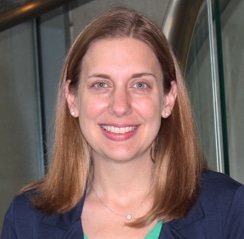
Rebecca Ahrens-Nicklas
Dr. Ahrens-Nicklas is an Assistant Professor of Pediatrics and Human Genetics at The Children’s Hospital of Philadelphia and University of Pennsylvania. She leads the CHOP Gene Therapies for Inherited Metabolic Disorders Frontier Program. As a clinical geneticist, she cares for children with rare inherited inborn errors of metabolism. Her translational research laboratory focuses on developing novel molecular therapies for patients with neurometabolic disorders.
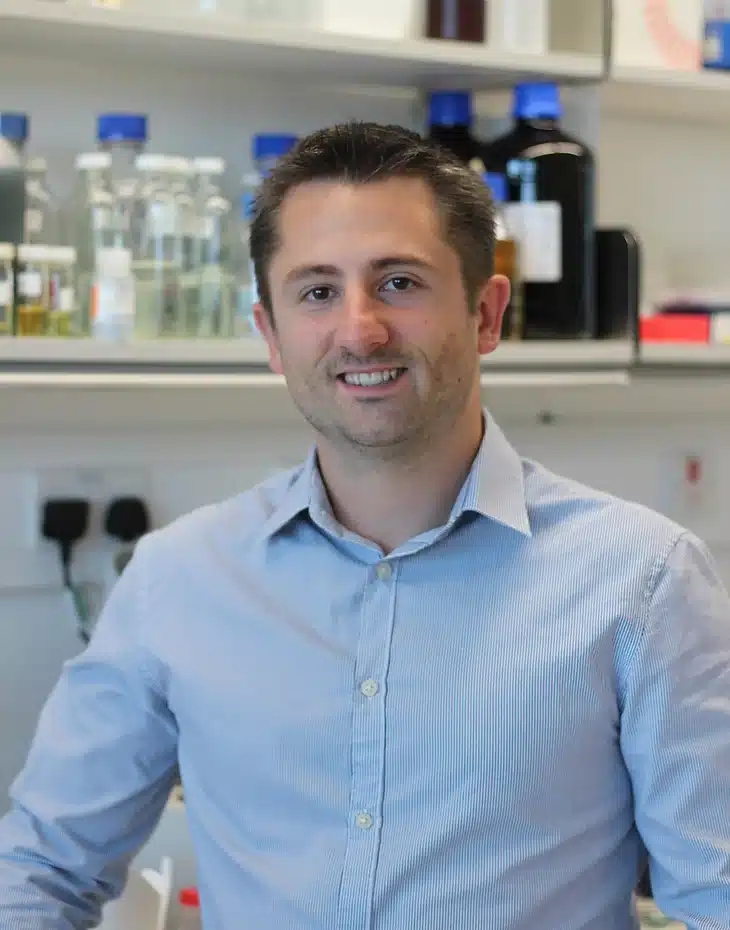
Matthias Baud
Dr Matthias Baud is Associate Professor in Medicinal Chemistry and Chemical Biology at the University of Southampton.
Matthias obtained his BSc from the Université de Besançon (France) in 2006 and MSc from the Swiss Federal Institute of Technology in Lausanne in 2008. He then moved to the UK to undertake PhD studies at Imperial College London under Professor Matthew Fuchter, working on the development of new chemical probes for epigenetics. After obtaining his PhD in 2011, he moved to the University of Cambridge to work with Professor Alessio Ciulli, followed by a short stay at the School of Life Sciences at the University of Dundee. From 2013 to 2016, he held an MRC Career Development Fellowship at the MRC Laboratory of Molecular Biology in Cambridge, to investigate protein reactivation by small molecules in oncology. He joined the School of Chemistry at the University of Southampton in September 2016, and was promoted to Associate Professor in 2022.
Matt is a medicinal chemist. His research focuses on the early-stage identification of bioactive substances for therapeutic application. Current efforts in Matt’s lab is directed at identifying novel active substances as drug candidates against MSD. Such agents include pharmacological chaperones of the Formylglycine Generating Enzyme, and diverse classes of retinoids. These projects are carried out in collaborations with colleagues at the University of Bielefeld and University of Gottingen, who have complementary biochemistry and clinical expertise of MSD.

Lesa Brackbill
Lesa Brackbill is a wife, mother, author, and advocate.
She and her husband Brennan became involved with Krabbe-related advocacy when their daughter Victoria was diagnosed with Krabbe Disease in 2015. Lesa helped to reform the Newborn Screening (NBS) program in Pennsylvania, making the program stronger; as a result of her efforts, Pennsylvania began screening for Krabbe in 2021 (Act 133 of 2020).
Lesa is the Director of Advocacy for the Leukodystrophy Newborn Screening Action Network (LDNBS.org). She focuses on coalition-building as they work toward a world where every baby is screened equally for all possible leukodystrophies. Lesa serves on the Board of Directors for KrabbeConnect and is the co-chair of the Krabbe Stakeholders Group. As part of the Krabbe Stakeholders Group, Lesa serves on the committee behind KrabbeFacts.org – a project to improve education about Krabbe Disease on the Internet.
She is an ambassador for the Family Education program of Expecting Health, and the parent advocate on the LSD Subcommittee of the Pennsylvania Newborn Screening Technical Advisory Board. Additionally, she is on the State Policy Committee for Life Sciences PA and a member of the EveryLife Foundation’s Public Policy and NBS Community Congresses. Most recently, Lesa was asked to join the Patient Advocacy Advisory Council for the Institute for Gene Therapies and the APHL Condition Counting Workgroup.
In her “free time,” Lesa is a tour guide at High Point – the home of Milton S. Hershey and a weekend manager at The Hershey Story. Most importantly, she is raising identical twin boys, Isaiah and Caleb with her husband in Hershey, PA.
Lesa holds a Bachelor of Arts in Political Science and a Master of Arts in Strategic Communication from Azusa Pacific University.

Margaret Cassidy
Maggie is a 3rd year graduate student in the Cell and Molecular Biology PhD Program at The University of Pennsylvania. Prior to joining the Ahrens-Nicklas and Cristancho Labs at the Children’s Hospital of Philadelphia, Maggie majored in Neuroscience at Vanderbilt University and worked as a postbac at the National Institutes of Health. Her research interest involves understand how MSD causes neurological symptoms with in vitro model systems.
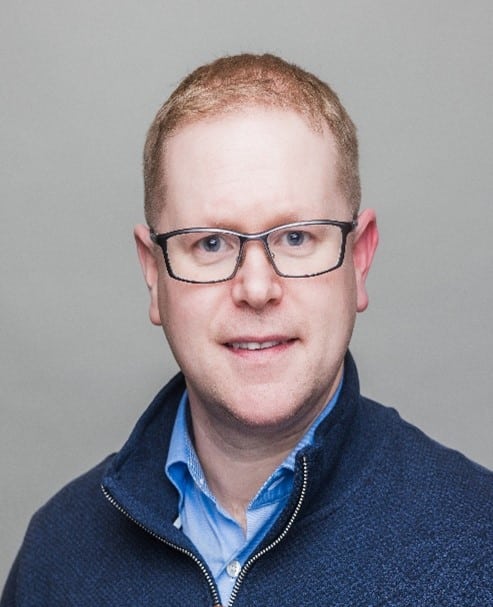
Alan Finglas
Alan’s son Dylan (11) is affected by Multiple Sulfatase Deficiency. When he was diagnosed at 2 years of age Alan set up the foundation as no dedicated foundation existed globally. Alan is passionate about promoting and supporting MSD research, especially translational research, in every way possible. Alan is a patient champion for a Remedi4All repurposing programme on MSD. Alan is a member of the steering committee, patient board and the lysosomal disorder committees of MetabERN. Alan was the recipient of the WORLDSymposium Patient Advocate Leader Award (PAL) in 2024. Alan led MSDAF to fund 14 MSD research projects. Potential therapies and exciting research opportunities are now on the horizon for this once much neglected disorder due relentless efforts.
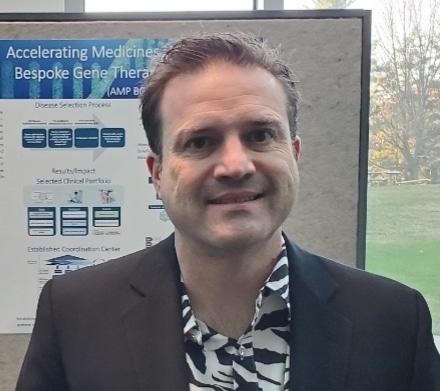
Brad Garrison
Brad Garrison is the Senior Project Manager with the FNIH supporting the Bespoke Gene Therapy Consortium (BGTC). BGTC is a public private partnership between the NIH, FDA, and a host of biopharmaceutical companies, and nonprofit / patient advocacy organization, totaling 35 members strong. Brad is a PMP certified Project Manager with expertise in Scientific Project Management, informatics software implementation, Vendor Management, and Organization Change Management. His prior experience includes implementing a global LIMS system at Astra Zeneca Biologics, implementing GLP best practices at a military medical research facility, and managing the IT outsourcing transition at Intermountain Healthcare.

Francesco Gavazzi
I am a Physician Scientist at the Children’s Hospital of Philadelphia. My work focuses on delineation of natural history of pediatric rare disorders (including Multiple Sulfatase Deficiency), as well as identification of appropriate clinical outcome assessments to determine functional abilities of affected individuals. This work will build towards clinical trial readiness in these conditions.

Michael Gelb
Michael H. Gelb is the Boris and Barbara L. Weinstein Endowed Chair in Chemistry in the Department of Chemistry and Department of Biochemistry at the University of Washington. He holds a Ph.D. from Yale University, and was an American Cancer Society Postdoctoral Fellow at Brandeis University with Professor Robert H. Abeles. In 1985, he joined the faculty of chemistry at the University of Washington. The Gelb research laboratory combines chemical and molecular and cellular biochemistry techniques to study enzymatic processes of medical importance. Major achievements include: 1) Discovery of protein prenylation; 2) The development of Isotope-Coded Affinity Tags (ICAT) for quantitative proteomics; 3) The development of assays for newborn screening of metabolic diseases; 4) Development of drugs to treat tropical parasite diseases; 5) Discovery of phospholipases A2 and understanding their mode of action. In the area of newborn screening, assays for approximately half of the diseases added to the Recommended Newborn Screening Panel (RUSP) over the past decade have been developed in the Gelb laboratory. He has received a number of awards including the Repligen Award and the Pfizer Award in Biological Chemistry (American Chemical Society), the ICI Pharmaceuticals Award for Excellence in Chemistry (AstraZeneca, Inc.), the Gustavus John Esselen Award (Harvard University), Merit Award (National Institutes of Health), Medicines for Malaria Venture Project of the Year (MMV, Geneva), Guthrie Award (International Society of Neonatal Screening), and the University of Washington Faculty Lecture Award. He is a Fellow of the American Association for the Advancement of Sciences and a Fellow of the Alfred P. Sloan Foundation.
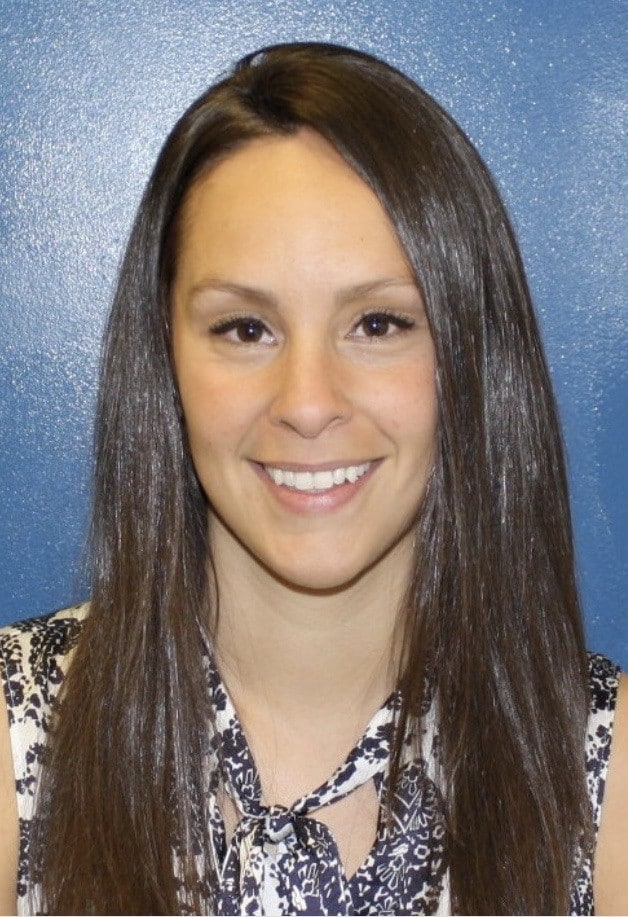
Chrissy Goodbody
Christine M. Goodbody, MD, MBE, is an attending pediatric orthopaedic surgeon with the Division of Orthopaedics at Children’s Hospital of Philadelphia (CHOP). Dr. Goodbody completed an orthopaedic surgery residency at the Hospital for Special Surgery in New York City, before returning to CHOP as a pediatric orthopaedic surgery fellow in the Division of Orthopaedics. During her time at CHOP, Dr. Goodbody worked with a variety of leading orthopaedic specialists at CHOP to learn the latest in limb salvage, cerebral palsy surgery, clubfoot, hip preservation, guided-growth and minimally invasive surgical techniques to improve short- and long-term outcomes for patients. Dr. Goodbody’s research interests include methods to delay or prevent hip dislocation in children with neuromuscular disorders, the impact of caring for patients with neuro-orthopaedic conditions on families, and the safety of limb lengthening in patients with underlying syndromic etiologies.

Steven Gray
Dr. Steven Gray received a B.S. degree with honors from Auburn University followed by a Ph.D. in molecular biology from Vanderbilt University and postdoctoral training at the UNC Chapel Hill Gene Therapy Center. He is currently an Associate Professor in the Department of Pediatrics at the University of Texas Southwestern Medical Center. Dr. Gray is the director of the UTSW Viral Vector Facility and maintains affiliations with the Department of Molecular Biology, the Department of Neurology and Neurotherapeutics, the Eugene McDermott Center for Human Growth and Development, and the Hamon Center for Regenerative Science and Medicine at UT Southwestern. Dr. Gray’s core expertise is in AAV gene therapy vector engineering, followed by optimizing approaches to deliver a gene to the nervous system. His research focus has also been heavily focused in developing AAV-based treatments for neurological diseases, some of which have translated into clinical trials. He is inventor on over 20 awarded or pending patents and author on over 90 publications related to gene therapy.

Matthew Jarpe
Matthew Jarpe has over 25 years of drug discovery experience in biopharma. He has developed treatments for cancer, autoimmune, neurologic and rare diseases. He is currently acting as a part time scientific advisor to patient advocacy and rare disease organizations, and biotech companies developing treatments for neurological diseases.
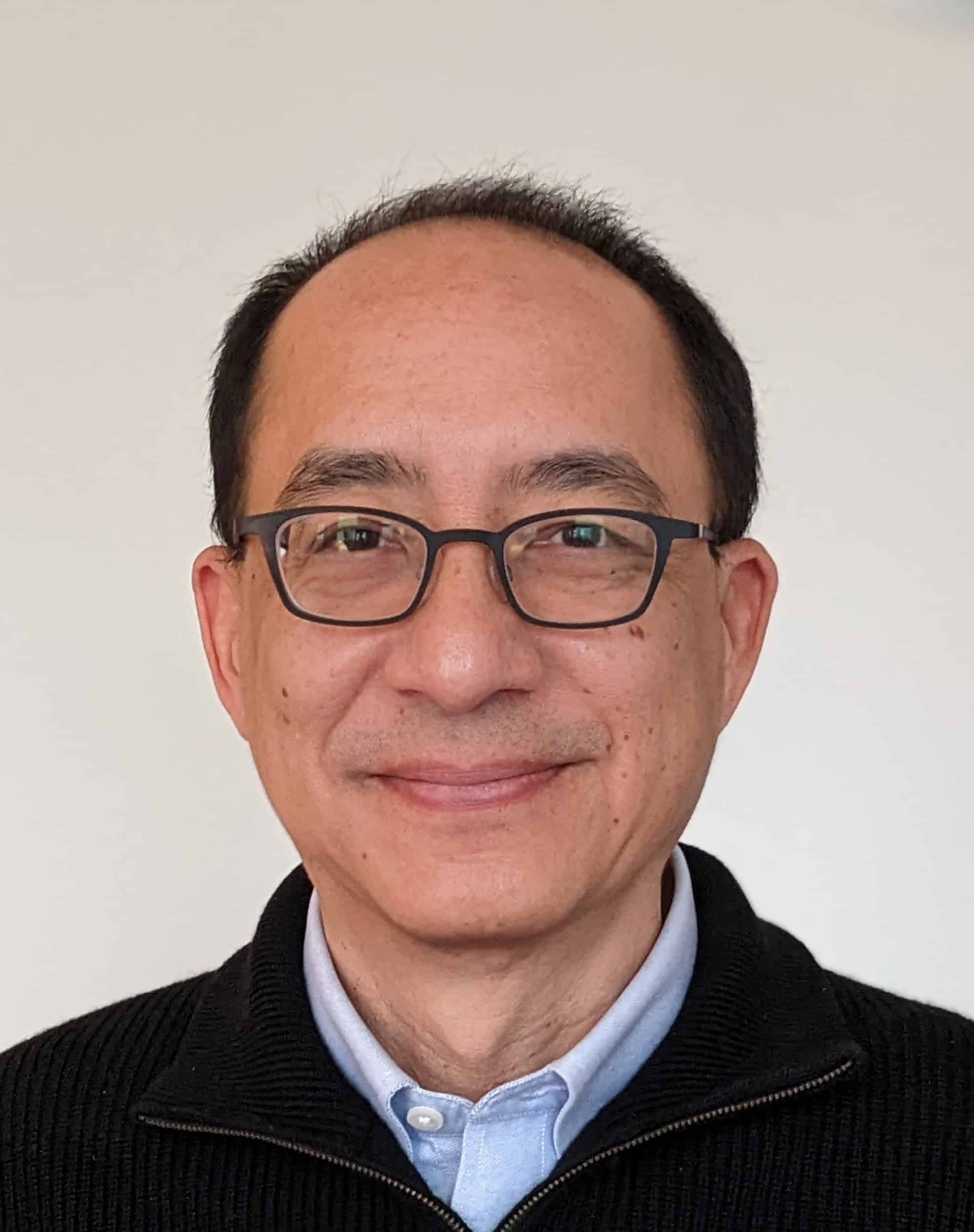
Donald Lo
Donald Lo is the Director for Medicines Development at EATRIS and Scientific Lead of the REMEDI4ALL European Platform for Medicines Repurposing. Don previously headed the Therapeutic Development Branch at the National Center for Advancing Translational Sciences (NCATS) at the US NIH. Don joined the NIH following a 27-year academic career at Duke University Medical Center, during which time he also co-founded and led 2 biotechnology companies and a non-profit patient care organization for Huntington’s disease, and served as lead science advisor for a venture philanthropy organization for brain cancer. Don is a graduate of the California Institute of Technology, received his PhD from Yale University, and conducted postdoctoral research at the Ludwig Institute for Cancer Research at University College London.
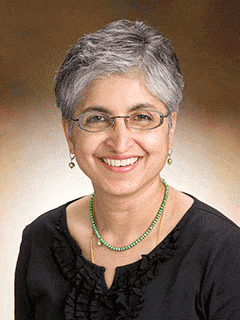
Maria Mascarenhas
Maria R. Mascarenhas, M.B.B.S., is a Pediatric Gastroenterologist in the Division of Gastroenterology, Hepatology and Nutrition at Children’s Hospital of Philadelphia. She serves as the Section Chief of Nutrition in the Division of Gastroenterology and Nutrition, Medical Director of the Clinical Nutrition Department and Director of the Integrative Health Program. Dr Mascarenhas is a Professor of Pediatrics at the Perelman School of Medicine at the University of Pennsylvania. She is one of an elite group of pediatricians who are board-certified in pediatrics, nutrition and pediatric gastroenterology and board eligible in integrative medicine. To complement her extensive training and clinical skills she has additional training in pediatric massage, ayurvedic nutrition and clinical hypnosis. Dr Mascarenhas has been responsible for developing and advancing several nutrition focused and innovative programs in the division and hospital. She has single-handedly developed the nationally recognized most comprehensive Integrative Health Program at the Children’s Hospital of Philadelphia which is considered a model in the field. She is now working to bring wellness education to the underserved. Dr Mascarenhas is widely published including her latest publication: Anti-Inflammatory Family Cookbook which is getting rave reviews from pediatricians, registered dietitians and families.

Hartmut Niemann
Hartmut Niemann is Professor of Structural Biochemistry in the Department of Chemistry at Bielefeld University, Germany. He studied biochemistry in Regensburg and Witten. During his PhD at the Max Planck Institute for Medical Research in Heidelberg he specialized in protein X-ray crystallography, a technique to visualize the 3D structure of molecules that he has used ever since. During his postdoc at the Helmholtz Centre for Infection Research (HZI) in Braunschweig he became interested in the structure function relationship of virulence factors of pathogenic bacteria. This topic is still the focus of his research. In 2020, he joined forces with his now deceased colleague Prof. Dr. Thomas Dierks, with Dr. Karthikeyan Radhakrishnan (both Bielefeld University) and with Prof. Dr. Matthias Baud (University of Southampton) to work on the structure-based design of pharmacological chaperones that might become a treatment option for MSD. This project was funded by the MSD Action Foundation and by the Health-Research Board Ireland (HRB).
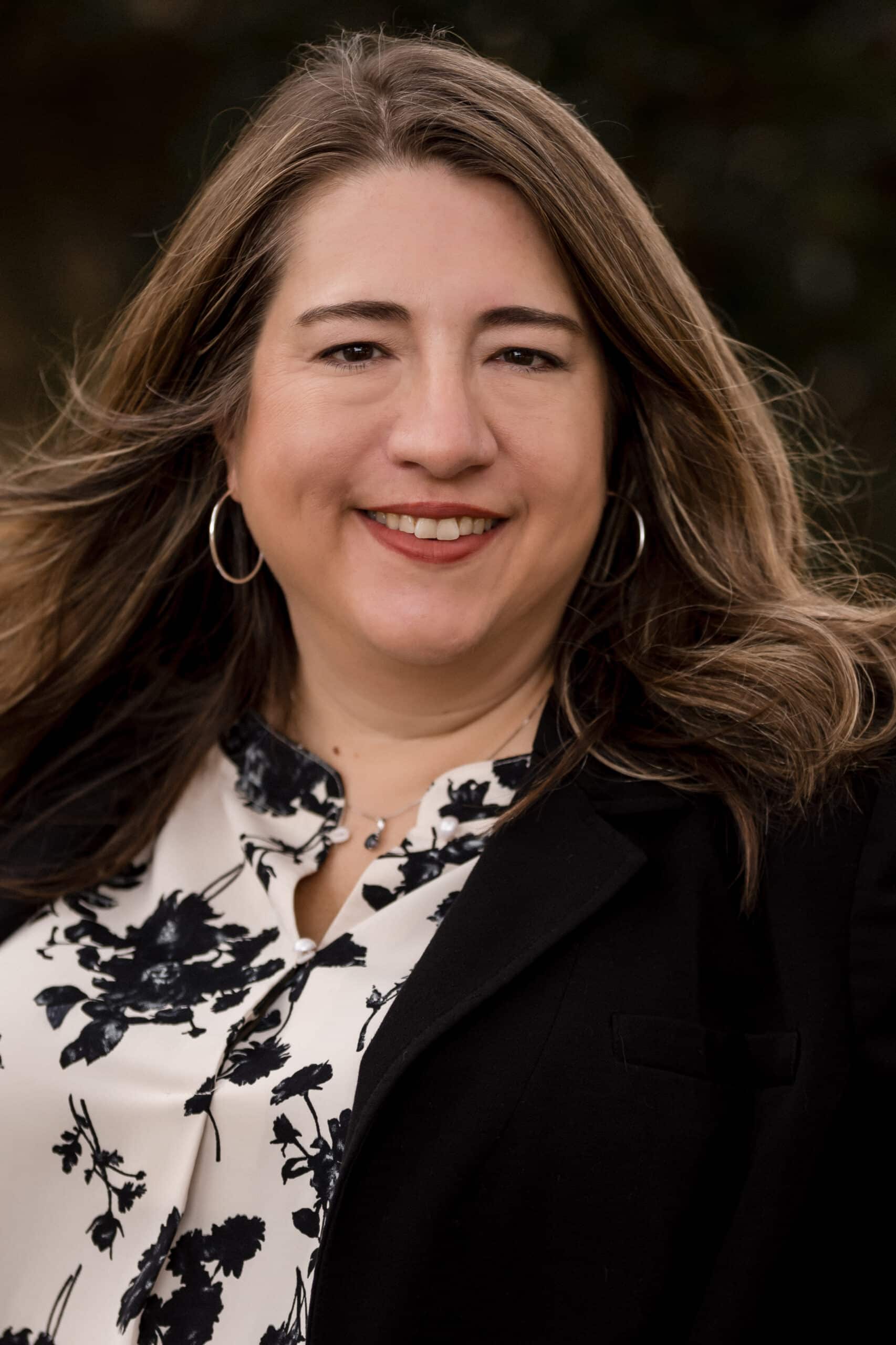
Amber Olsen
Amber Olsen is the mother to three daughters. In 2016, her youngest daughter Willow was diagnosed with Multiple Sulfatase Deficiency (MSD), an ultra rare, fatal genetic condition. Since the diagnosis, Amber formed the United MSD Foundation (501c3), forming and leading an organization that has pushed and funded multiple pre-clinical treatment projects, clinical trial readiness support and ultimately paved the way for first ever clinical trials to treat children with MSD. Olsen spent the last 7 years as chief fundraising officer for the organization and can’t wait until every child with MSD has an opportunity to live a healthy life without limitations. Amber resides in the beautiful and giving community of Ocean Springs, Mississippi with her her daughters.
In her professional career, Amber founded Nextaff Gulf Coast in Ocean Springs, MS in 2007 to offer recruiting services for businesses in South Mississippi. Amber is certified by the Human Resource Certification Institute as a Senior Professional in Human Resources (SPHR). Amber is originally from Missoula, Montana where she earned her Bachelor’s Degree in Business in 1998 from University of Montana. Amber has held various community leadership positions, including former President of the Ocean Springs Rotary Club and the President elect of the Mississippi Gulf Coast Chamber Board of Directors.

Vi Pham
Vi is a 4th year PhD student in the Cell and Molecular Biology Graduate Group and Gene Therapy and Vaccines Program at the University of Pennsylvania. Before coming to Penn, Vi received her Bachelor’s degree in Neuroscience at Hamilton College. She then came to Penn as a research assistant in Dr. Jonathan Raper’s lab in the Department of Neuroscience, studying the axon development of olfactory sensory neurons in larval zebrafish. Vi started her PhD in the fall of 2020 and joined the lab of Dr. Rebecca Ahrens-Nicklas at the Children’s Hospital of Philadelphia. For her thesis work, Vi has focused on understanding disease pathology and developing gene therapies for lysosomal storage disorders that affect the central nervous system.

Nishitha Pillai
As a clinical and biochemical geneticist at the University of Minnesota with a special interest in lysosomal diseases, I am deeply invested in learning how newborn screening (NBS) can change the natural course of late-onset disorders. My aim is to investigate the impact of early diagnosis and intervention on disease progression and clinical outcomes, particularly focusing on how the newer and advanced therapeutic modalities. I hope to discover and validate biomarkers that can monitor therapeutic outcomes, using molecular biology techniques, omics approaches, and advanced imaging. Ultimately, my goal is to improve patient outcomes by enabling early diagnosis and personalized treatment strategies, thereby enhancing the quality of life and prognosis for individuals with lysosomal diseases.
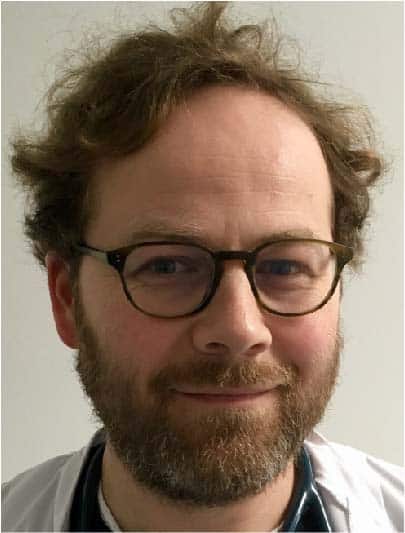
Lars Schlotawa
Dr. Lars Schlotawa is a paediatrician and child neurologist based at the University Medical Centre Goettingen, Germany. He has been working on MSD since 2004 when he joined the group of Kurt von Figura who, among others, found that MSD is caused by defects in the SUMF1 gene. Lars did research on the correlation between the molecular defects that mutations cause in cells and how this affects MSD patients and went onto conferences and published articles describing his findings. He knows symptoms and details of many MSD patients as well as even unpublished knowledge on the pathophysiology of MSD. Since the foundation of the MSD patient organisations he has been intensively involved into projects of UMSDF and MSDAF by giving advice and guidance. He was awarded for his commitment on MSD during the first MSD research conference in Dublin in 2017. Lars is running the German site of the prospective MSD prospective natural disease history study on MSD. In his lab he is offering genetic and biochemical testing for MSD and develops novel treatments for MSD. Currently he is working towards a clinical trial for treating MSD by repurposing a drug product for MSD that he discovered by drug screening

Anjana Sevagamoorthy
Anjana Sevagamoorthy is a physician from India and a graduate of the Master of Public Health (MPH) training from the University of Pennsylvania. She joined the Leukodystrophy Center at the Children’s Hospital of Philadelphia (CHOP) in June 2022 and primarily supports the efforts to create high-quality FDA-complaint Natural History data from Real World Evidence (RWE) to support academic projects and multiple Academic-Industry collaborations for the development of therapeutics for rare and ultra-rare leukodystrophies. In this process, she co-led the efforts to develop a standardized approach to performing a rigorous RWE-based Natural History Study protocol, in compliance with applicable FDA regulatory guidelines. A result of this work is the creation of robust natural history data for a cohort of 95 subjects with Late Infantile Metachromatic Leukodystrophy (Li-MLD) in an FDA-compliant manner. As part of clinical trial readiness, she is currently supporting the development of a novel approach to facilitate patient focused drug development per the 2022 FDA Guidance on Patient Focused Drug Development (PFDD) for Aicardi-Goutières Syndrome (AGS). This effort will result in identification and validation of clinically meaningful endpoints and appropriate clinical outcome measures, and creation of regulatory standard prospective Natural History cohort for application in the context of imminent clinical trials. This approach will be applied to other leukodystrophies, including MSD. She is contributing to projects that will have key implications to our current understanding of leukodystrophies and through efforts in bridging collaborations with industry partners, she plays a key role in supporting the FDA approval of the therapeutics and outcome measures that come out of the Natural History Projects spearheaded by the Leukodystrophy Center at CHOP.
Let’s Connect
Connect with MSD families and get valuable information from medical researchers and doctors.
